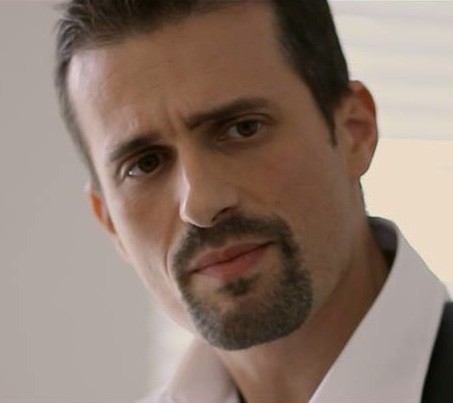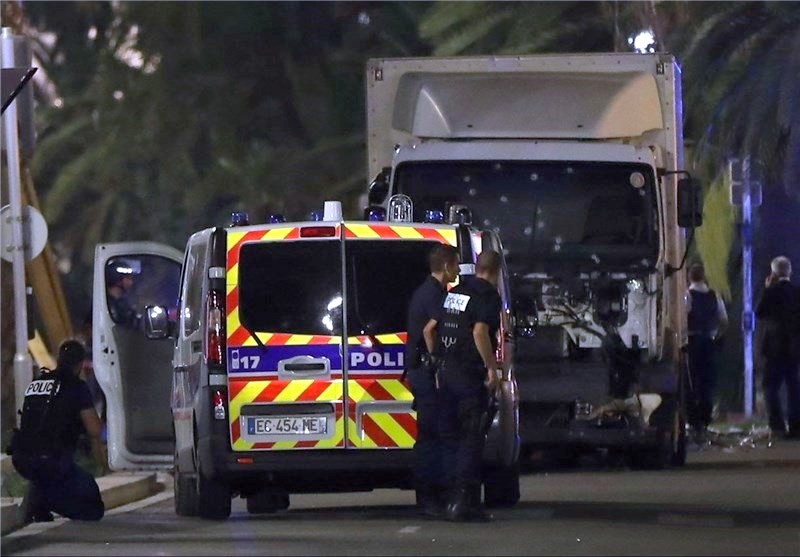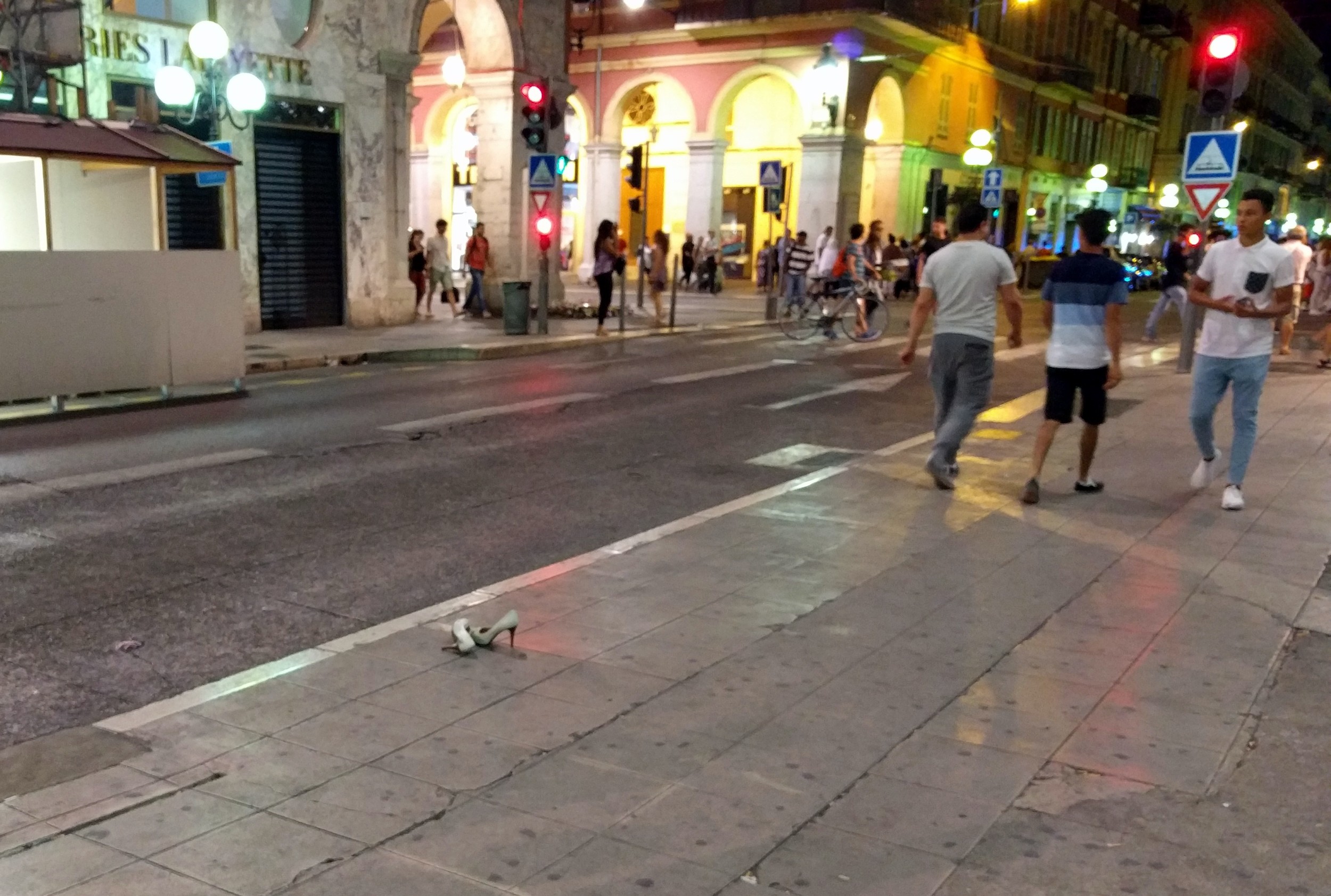Terror in Nice
One citizen’s story of pain and horror in his hometown
Nice, France, July 14: Before the horror, it was a joyous Bastille Day, and the citizens of this seaside resort town on the French Riviera were celebrating with a parade and a fireworks display.
At around 10:30 p.m., as thousands gathered on the Promenade des Anglais along the Mediterranean to watch the fireworks and listen to live music, a truck driven by Mohamed Lahouaiej Bouhlel, 31, a French-Tunisian resident of the city, plowed into the crowd, killing at least 84 people and injuring hundreds more.
My friend and colleague, Olivier Fazio, was born in Nice and lives in the region. He is a journalist, actor, radio host and screenwriter who has written some 3,000 articles for the French daily Nice-Matin. He has also written stories for the Herald (“The life and times of a chef,” April 7-13, and “Celebrating French Riviera’s Day,” May 26-June 1), adding French flavor and flair to our pages.
He contacted me immediately after the carnage through private social media messaging, conveying his and his country’s fear and heartache in the aftermath of the horror. At first I thought he was kidding, the wonderful writer that he is. But this was no joke.
He allowed me to document our correspondence here. He wrote in French and translated his words before sending them.
A timeline of terror
Friday, July 15, 1:48 a.m. local time: “It’s horrible! Nice was attacked by terrorists! 75 killed … we are afraid … the war [is] here! Pray for us.”
2:09 a.m.: “We are scared; our country suffers.”
2:15 a.m.: “A truck chased people for a distance of 2 kilometers … men, women, seniors, children, babies were killed.”
2:18 a.m.: “It’s chaotic. I’m trying to find my friends on Facebook … no news of them … the killer is dead. It’s an Islamic terrorist — he was chased and shot with gun and Kalashnikov (other weapons) near sea on the Promenade des Anglais.”
2:21 a.m.: “It’s not finished. Helicopters travel the city as police search for accomplices … yes, we had friends at the parade. We wait now.”
10:31 a.m.: “Unlucky. Children and babies killed. Pictures [of] them and their toys near the corpses. We cry, the citizens on this day of death.
1:18 p.m.: “Now we have left the city for a little town …”
5:05 p.m.: “Regrettably, the 12-year-old cousin of my friend is dead.
“Yesterday, innocence knew death. Corpses were strewn on the ground vis-à-vis the sea agitated by the wind. Behind the … ‘white truck of blood,’ motionless bodies are already covered with shrouds of fortune. Among them, inert small hands which were forced to release the hand of their mother, the watch of their father — fingers which will not move any more. When just a few hours ago, those eyes mischievous contemplated the ‘poom’ of the fireworks in the sky … eyes that shone of joy and of [dreams]. Small heads which snuggled of love against their protective parents. Today they died. It was the beginning of their summer holidays … there were still so many things to do, to achieve.
“Promenade des Anglais became that of the martyrs. Wrapped in their last clothes, these small ones with now small wings will be carried on their way in peace. The Hell will be intended for those who remain, and who will cry out about the madness of men.”
5:30 p.m.: “During the last 20 years, at least, we haven’t lived in peace, I think. The French politics is not as courageous as in America. In America, to be a patriot makes sense — but here, is not the same.”
6 p.m.: “Now city heals their wounds.”
Saturday, July 16: “How do we stop the next tragedy? How? The atmosphere is very tense today, 40 hours later.”
Monday, July 18: “Today the city is calm. It’s the middle of the day, and we have a moment of silence. It’s hard.”

 44.0°,
Mostly Cloudy
44.0°,
Mostly Cloudy 









